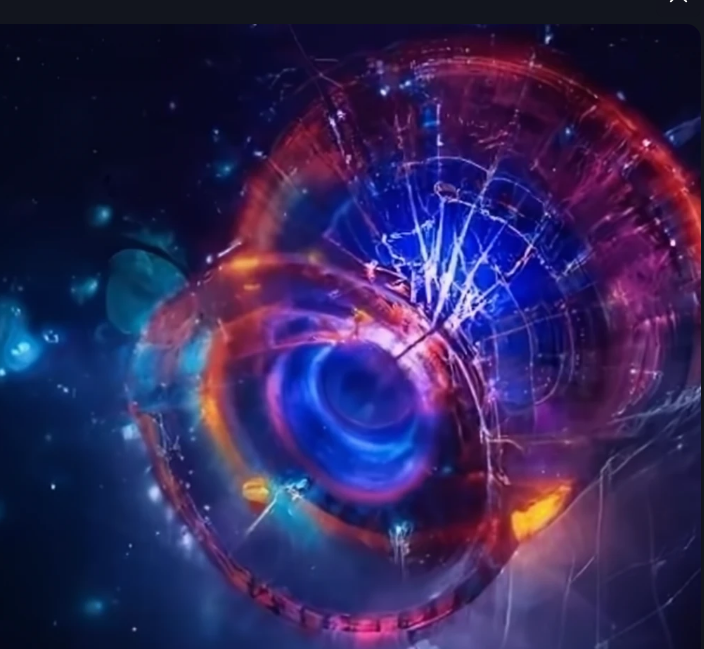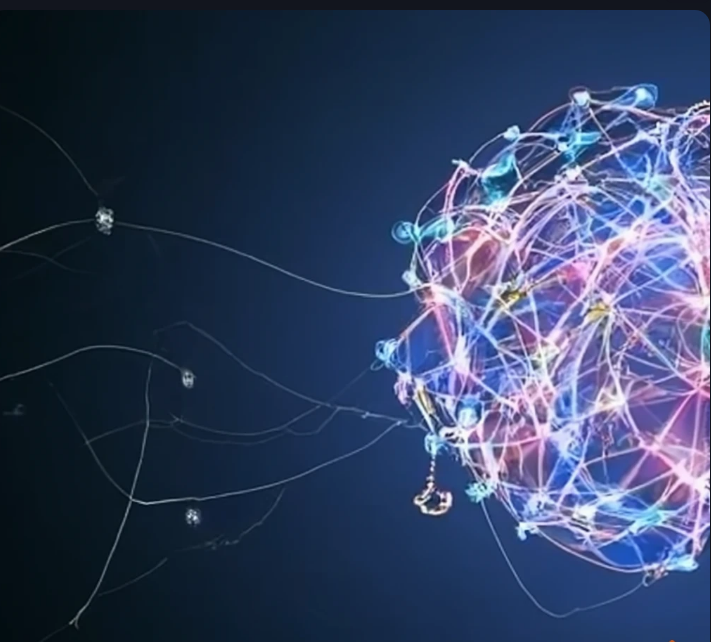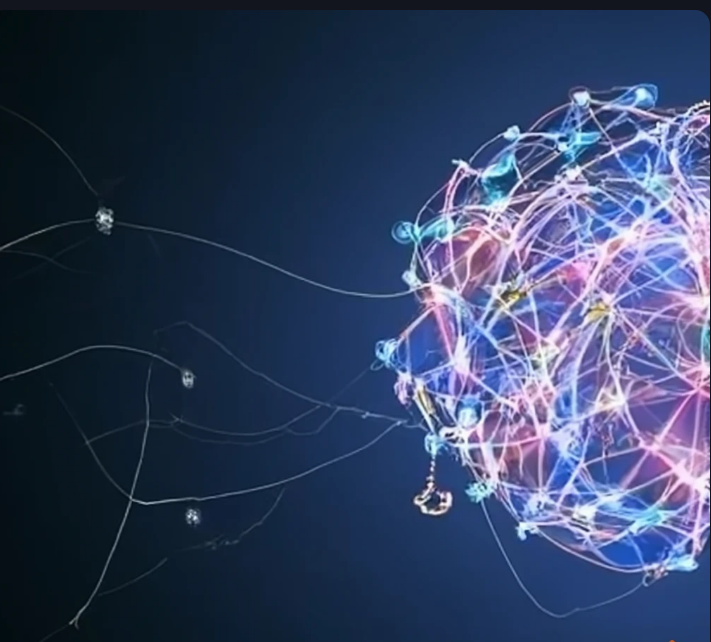Exploring the Infinite: A Journey Through Cosmic Questions
Written on
Chapter 1: The Nature of the Universe
A friend of mine holds a peculiar belief that my writings might one day earn me a Nobel Prize.

His frequent proclamation is, "If you have any challenging inquiries about Physics, feel free to ask. I am an …omniscient in Physics."
His own declarations include:
- Is the universe infinite? Absolutely.
- Are there countless universes? Indeed.
- Is time a singular concept? No, there are multiple timelines.

Is there a limit to speed? Yes, there is.
Are humans minuscule compared to atoms in the grand scheme of nature? Yes, but curiously, this phenomenon is consistent across the entire universe!

Do natural laws govern nature? Yes, but only at their own discretion. This is a fundamental principle in physics.
He often states, "All laws are applicable, but only under specific conditions and times."
"However, no one has officially recorded this," he adds. "Document it to secure a Nobel!"
I consulted ChatGPT with similar inquiries:
- Is the universe infinite? Yes.
- Are there infinite universes? Certainly.
- Is time a singular entity? No, it consists of infinite timelines.

The responses mirrored his thoughts:
- Is speed limitless? Yes, but the theory of relativity asserts that nothing with mass can exceed light's speed in a vacuum.
- Are humans smaller than atoms? Yes, yet the implication may be metaphorical. Such consistency across the universe remains ambiguous and might be more poetic than scientific.

Do natural laws apply universally? They are seen as fundamental but can vary based on specific conditions.
In conclusion, while some of these ideas resonate with contemporary scientific understanding, others lean towards speculation or need further clarification. It’s crucial to differentiate between established scientific facts and philosophical theories.
Interestingly, one could argue that many scientific theories start as philosophical inquiries, emerging from imaginative thought—something Einstein deeply appreciated. So, who knows? Perhaps my friend’s notion isn’t so far-fetched after all.
Chapter 2: Insights from Experts
This video, "Last Thoughts on Woody Guthrie," captures profound reflections and insights on the human experience and creativity, shedding light on the artistic journey.
In "Diana Athill - Writing as a form of therapy," the author explores how writing serves as a therapeutic outlet, highlighting its role in personal exploration and healing.